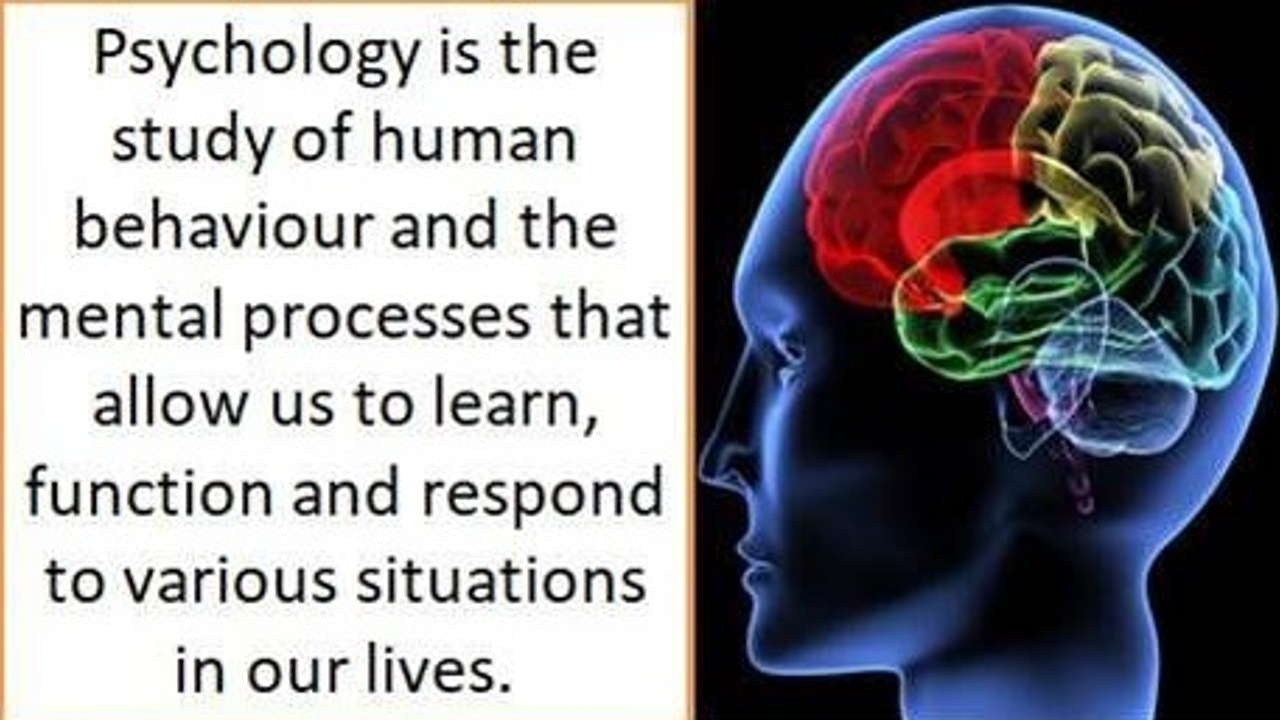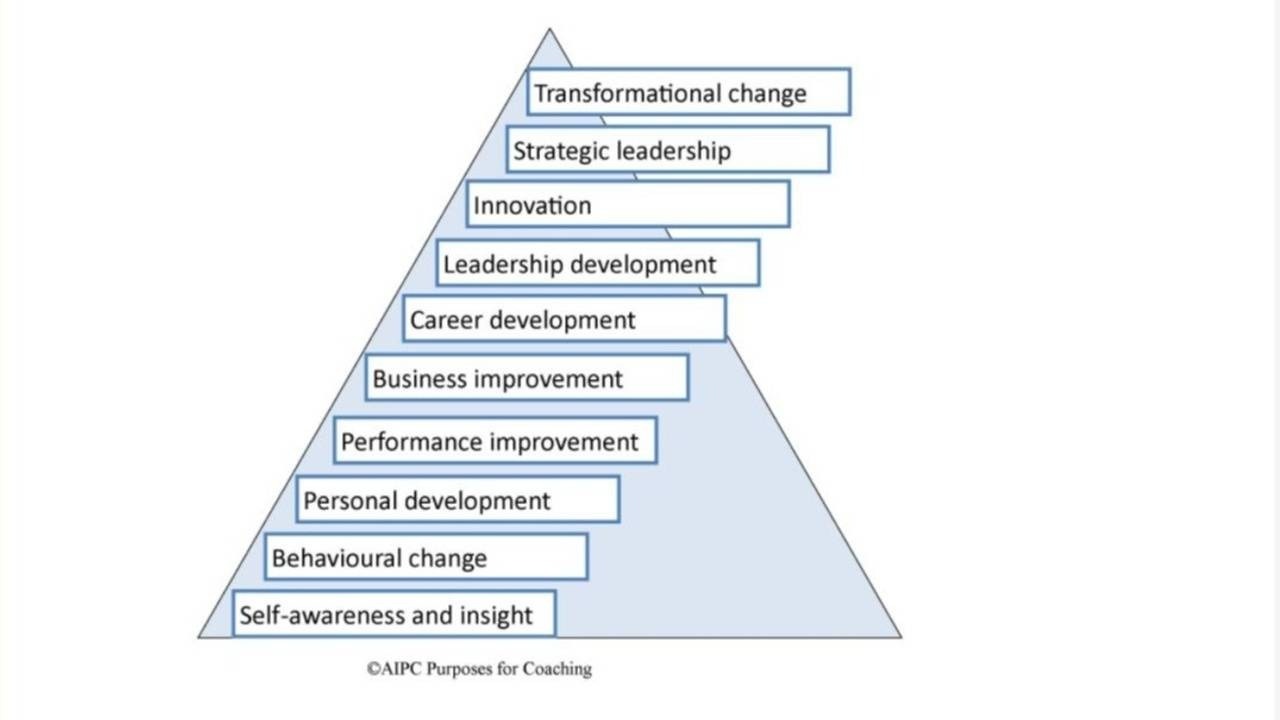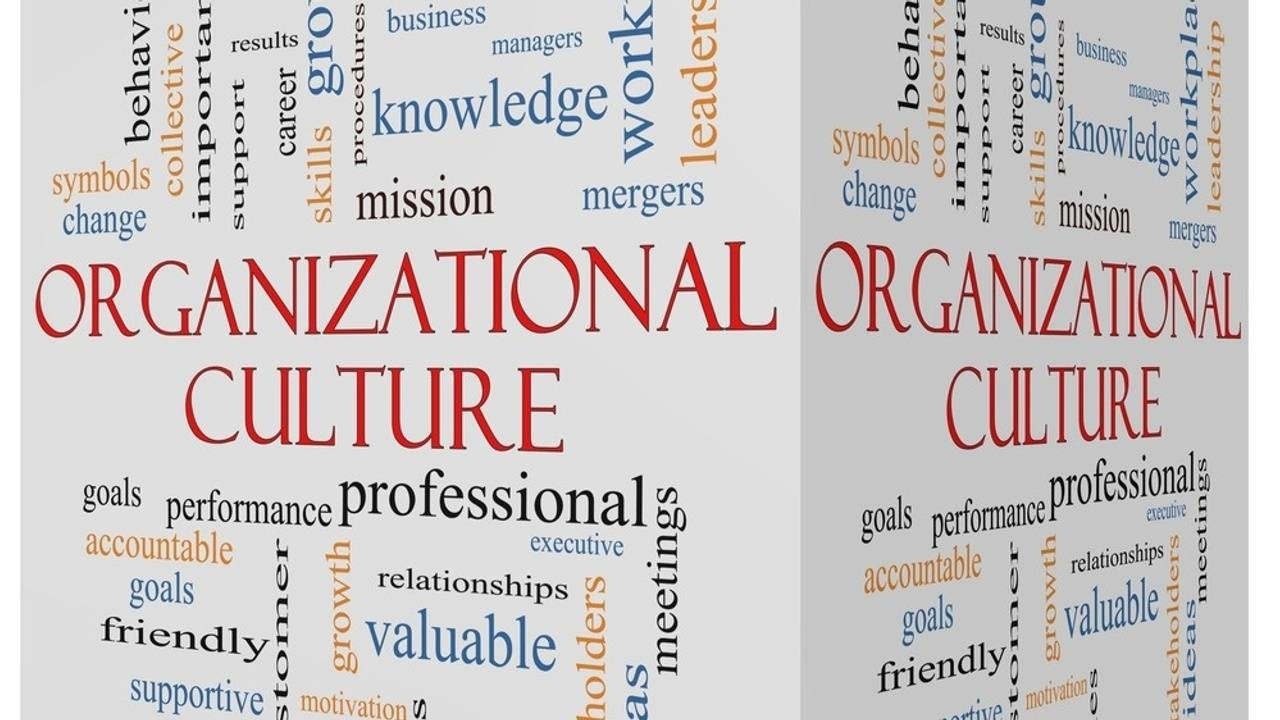Coaching Articles
There are three cognitive concepts that particularly inform the coaching process –mental model, mindset and mindfulness. These three concepts are instrumental in influencing the outcomes of contemporary coaching practice.
Mental model: To change the coachee’s mental model of the world, coaches us...
Positive psychology coaching occurs at the intersection of traditional psychology, positive psychology and coaching. Findings from these three areas of academic research inform contemporary coaching practice.
The evidence for coaching from a positive psychology perspective can be attributed to th...
Positive psychology is the study of what brings greater happiness and fulfilment in life.
Positive psychologists aim to find and nurture genius and talent, and help people leading normal, everyday lives do even better. Their concern is with wellness rather than illness. Hence, positive psychology...
Coaching is based on decades of traditional psychological research.
Behavioural theories of psychology demonstrate how conditioning can be used to change behaviour as a result of learning new information, ‘trying out’ new behaviours, and reinforcing successful behaviours. Behavioural psychologist...
Psychology is the study of human behaviour and motivation. The word psychology is derived from the Greek word psyche, meaning 'soul' or 'mind.'
Psychologists research factors that influence human thinking and behaviour such as perception, cognition, attention, mental processing, intelligence, p...
Why coach? Who comes to be coached? What re the benefits?
These questions may be in your mind if you are considering undertaking a coaching course and becoming a coaching professional.
The image displays the many purposes for which coaching may be used to assist individuals, teams and organisati...
Coaching is often confused with other developmental interventions such as mentoring, training, supervision, consulting and counselling. All these forms of intervention promote personal and professional growth but have different audiences, serve different purposes and have different delivery mechanis...
As we emerge from the COVID panic that has gripped our nation, we are enticed by a glimmer of light to embrace new ways of being and doing. Having respect for each other, listening to each other, considering alternate ways of relating and doing work that we would never have thought of before COVID, ...
Reference to a coaching culture was first made in the late 1980s when a “culture of coaching” was proposed as the new paradigm for management [1]. However, little research was conducted thereafter on a coaching culture because the concept of coaching was still in its infancy. Researchers were pre...
Coaching and Coaching Culture: A Research Overview
The concept of coaching has been derived from psychological and educational foundations as a developmental process [1]. At the individual level, coaching is a relational process that unleashes potential by establishing a trusting one-on-one rel...
1. Coaching Conversations
Coaching conversations are different from formal coaching in that they are conducted by individuals not trained as qualified coaches. They can be conducted by anyone, anytime, anywhere as the need arises. Coaching conversations are typically conducted in organisational se...
“The effective business. . . is one that has a high capacity for organizational learning. The effective business manager, in turn, is one who has developed the capacity to foster organizational learning” [1].
Coaching, when applied consistently throughout an organisation, becomes a platform for c...














